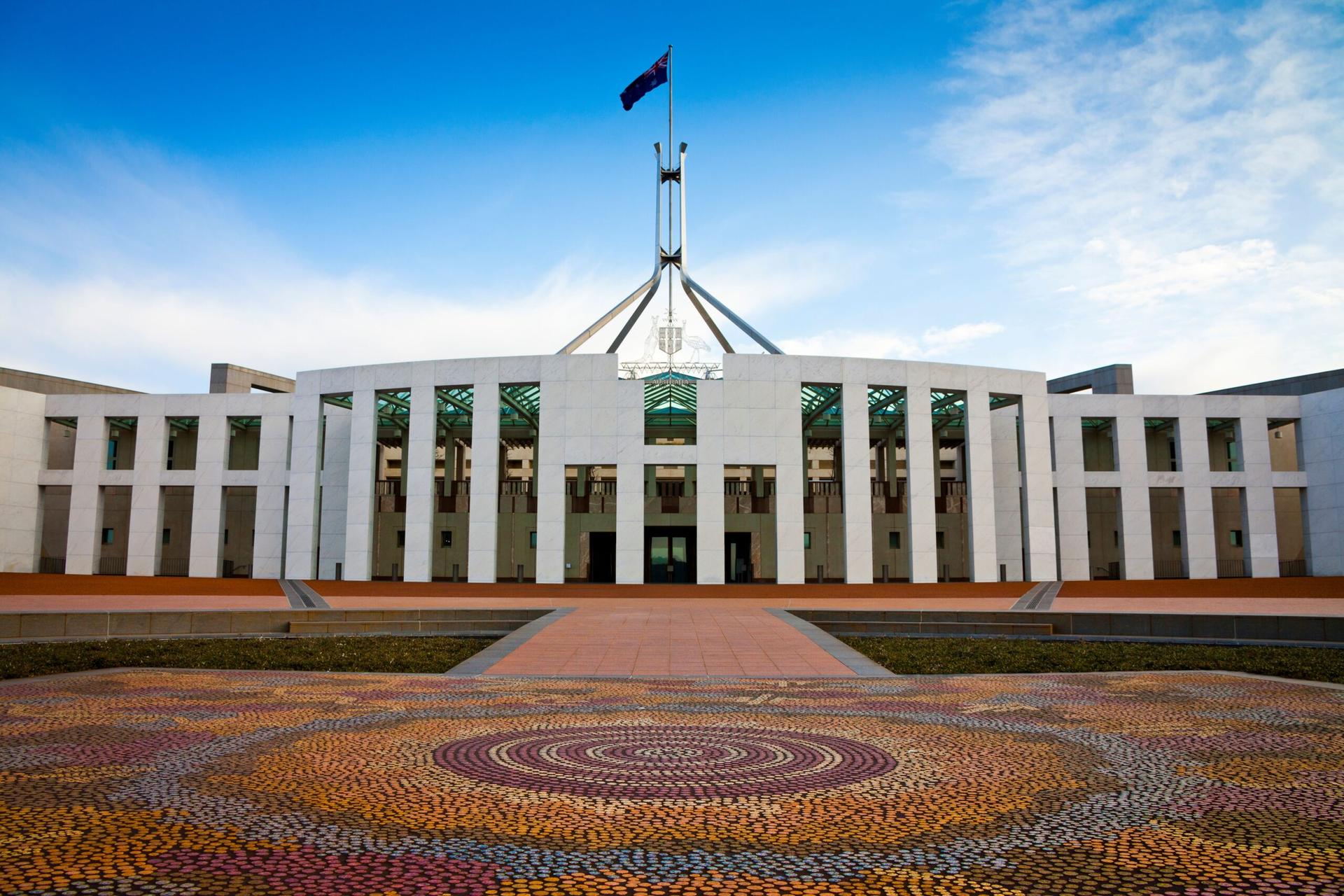While many people, organisations and governments are aware of the growing problem of loneliness, Australia doesn’t currently have an official national strategy to tackle the issue (not many countries, do, yet).
However, that may soon change.
A 2022-2023 Pre-Budget Submission from Ending Loneliness Together — in partnership with R U OK?, The Australian Psychological Society, and Infoxchange — commended the-then Morrison Government’s $2.3 billion investment in the National Mental Health and Suicide Prevention Plan, which was the largest Commonwealth mental health investment in Australia’s history.
But that wasn’t enough, according to the submission, which stated: “while we welcome this significant investment in mental health, loneliness and social isolation, known antecedents of poor health, remained overlooked.
We, therefore, encourage the Australian Federal Government to develop an evidence-based coordinated plan to tackle loneliness and social isolation across all states and territories.
“We propose four specific solutions which can be implemented to cover the two identified gaps:
1) a lack of community awareness and skills on how to manage loneliness and social isolation;
2) targeting loneliness and social isolation for better health outcomes.
Addressing the two gaps can be delivered within a wider National Strategy to reduce loneliness and social isolation.”
Dr Michelle Lim, Chairperson and Scientific Chair of Ending Loneliness Together, says an overarching national strategy was a crucial step in tackling the problem.
“A national strategy is critical,”
– Dr Michelle Lim
“There are some basic things that we don’t have, (such as) a social connection framework, and standards of how services are actually run — for example, providing social care to people who are lonely and socially isolated. There’s no minimum standards and training, there’s no framework for them to base their work on.
“We really need to set these things. So (in terms of a) national strategy, we really need to think about setting some minimum standards and some guidelines — it’s critical to help many of these fantastic organisations to deliver even more effective and better services.
“The other thing that we really need within this strategy is for the government to start investing in Australian-based research.”
What are other countries doing?
Many countries have realised the growing threat of loneliness as a critical health and wellness issue.
Some countries have acted quicker than others. Notably, in 2018, the UK Government introduced a national strategy tackling loneliness and then announced the world’s first ‘Loneliness Minister’.
The Japanese Government followed suit, launching a nationwide campaign to combat loneliness in 2020 and then in 2021 appointing its first Minister for Loneliness.
Lim says the appointments of senior government officials to focus on the issue of loneliness is the gold standard, but several other countries were also showing strong leadership.
“The UK has the most robust model, because they appointed a loneliness minister years ago,” she says. “And (initially, their strategy had) a focus on older adults, but then they’ve changed tune and actually increased (the scope of their strategy) because they’ve realised, ‘oh, hang on a second, younger adults also need a little bit more (help).’
– Dr Michelle Lim
“Japan also has a minister … their response was really to address the increasing suicidality in young people during the COVID-19 pandemic. They did a fantastic job and I think the US is also doing some fantastic things, and Denmark as well, (as is) Sweden increasingly.”
Then there are the ‘outside the box’ solutions, like a Dutch supermarket that recently opened up so-called ‘chat checkouts’ — where lonely shoppers can stop for a chat rather than paying for their items as quickly as possible — as part of the Netherlands’ health ministry program to combat loneliness.
Lim says while any initiative — from individuals, businesses or councils or governments — is welcome, Australia needs a collective approach.
“Loneliness and social isolation are the wicked problems of our time, so it’s not really one organisation’s responsibility to resolve loneliness — it is everyone’s,”
– Dr Michelle Lim
“So we need a strategy that is intersectoral, a whole-of-systems approach, a whole-of-government approach, to ensure that meaningful social connection is basically baked into the way we live, work and play.”















